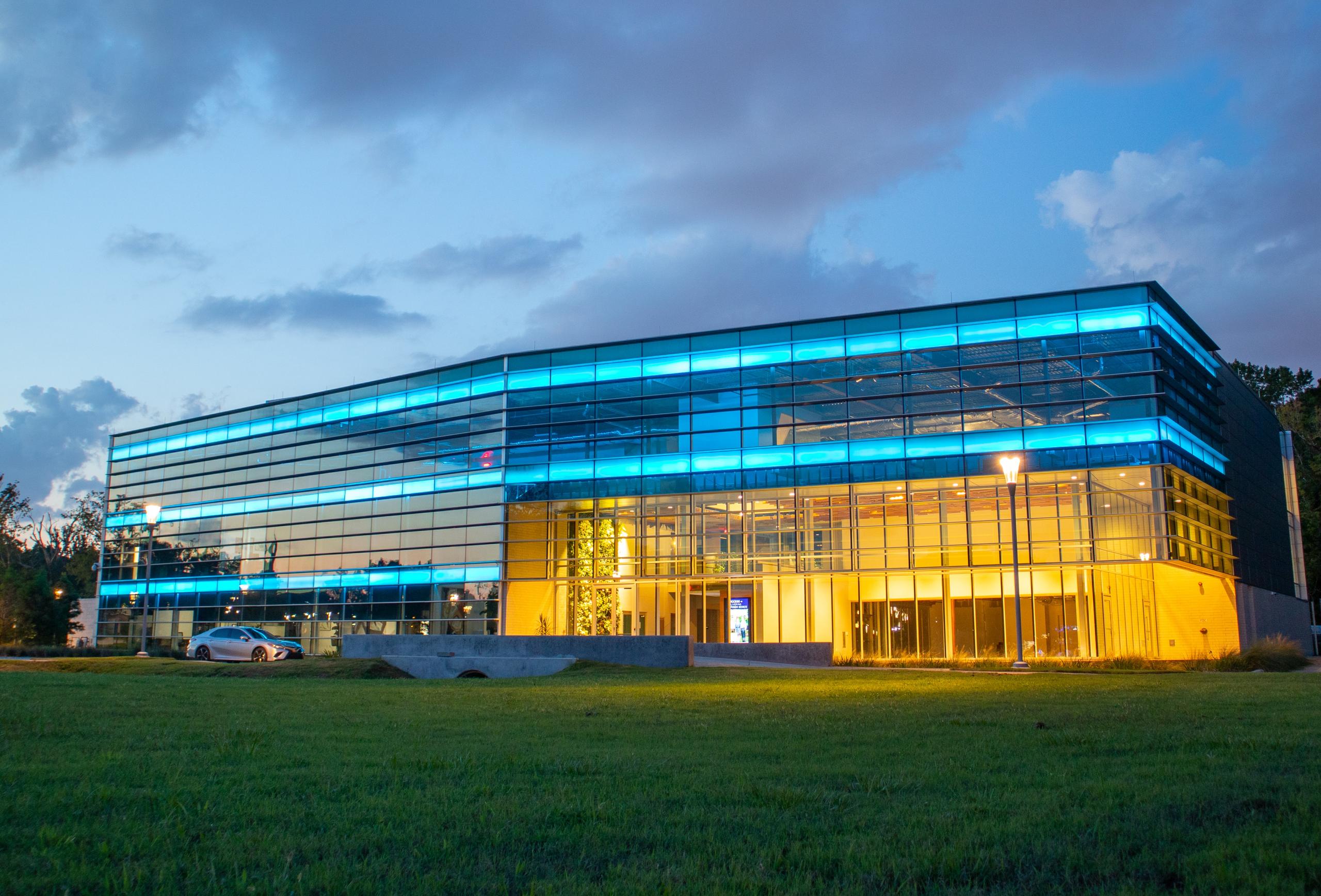Smart Buildings according to Google Bard ... and dnEnviro
Smart buildings are the future of the built environment. They are equipped with sensors, controls, and other technologies that collect and analyze data to improve efficiency, sustainability, and occupant comfort.
There are many benefits to using smart building technologies. For example, they can help to reduce energy consumption, improve air quality, and create a more comfortable and productive environment for occupants. Smart buildings can also help to improve security and safety.
There are a number of different technologies that can be used to make a building smart. Some of the most common include:
- Sensors: Sensors can be used to collect data on things like temperature, humidity, light levels, and occupancy.
- Controls: Controls can be used to adjust lighting, HVAC systems, and other building systems.
- Analytics: Analytics can be used to analyze the data collected by sensors and make recommendations for improving efficiency and sustainability.
- User interfaces: User interfaces can be used to allow occupants to control building systems and view data about the building's performance.
The cost of implementing smart building technologies can vary depending on the size and complexity of the building. However, the long-term savings that can be achieved through improved efficiency and sustainability can make smart buildings a cost-effective investment.
If you are considering making your building smarter, there are a few things you should keep in mind. First, you need to decide what you want to achieve with smart building technologies. Do you want to reduce energy consumption? Improve air quality? Create a more comfortable and productive environment for occupants? Once you know what you want to achieve, you can start to identify the technologies that will help you achieve your goals.
You also need to consider the cost of implementing smart building technologies. The cost will vary depending on the size and complexity of the building, as well as the technologies you choose to implement. However, the long-term savings that can be achieved through improved efficiency and sustainability can make smart buildings a cost-effective investment.
Finally, you need to make sure that you have the right people in place to manage and maintain your smart building systems. Smart buildings require a new set of skills and expertise, so you need to make sure that you have the right people in place to keep your systems running smoothly.
Smart buildings are the future of the built environment. They offer a number of benefits, including improved efficiency, sustainability, and occupant comfort. If you are considering making your building smarter, there are a few things you need to keep in mind, such as your goals, the cost, and the people you need to manage and maintain your systems.
All of this and more at dnEnviro

